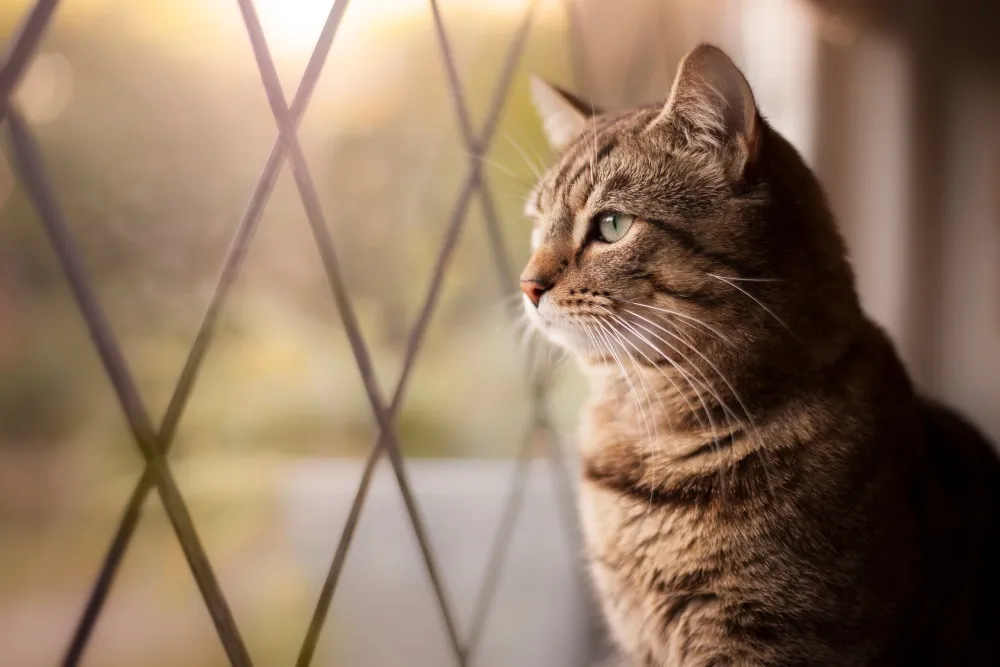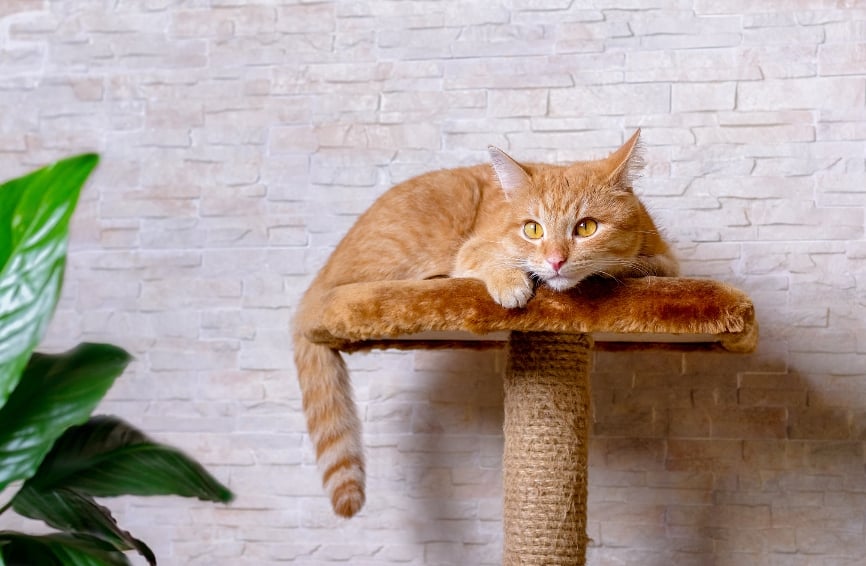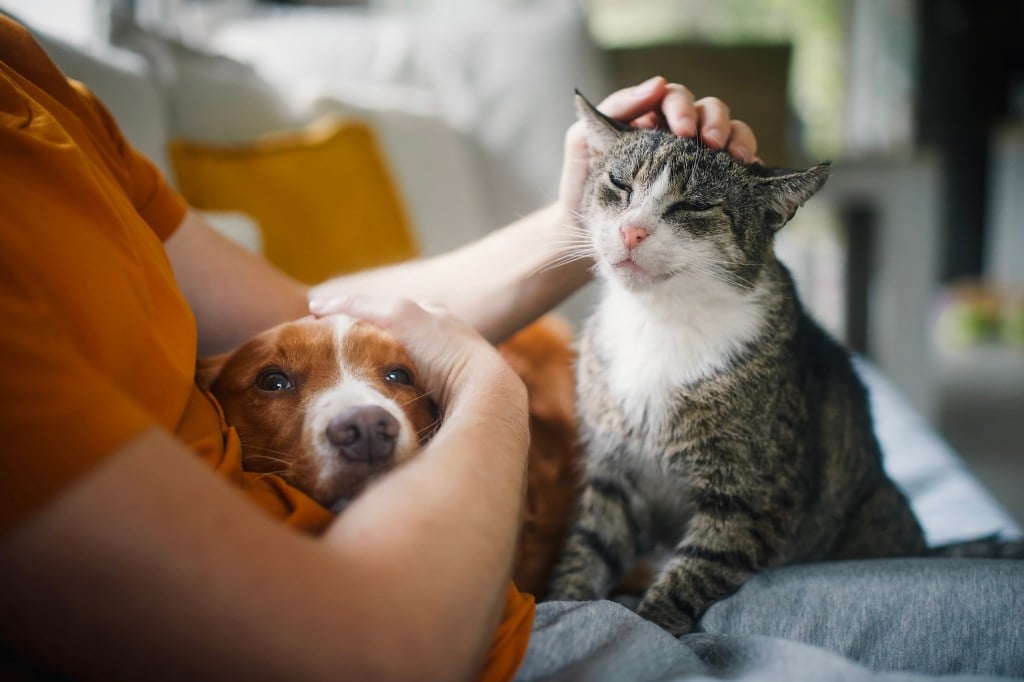Table of Contents
After bringing home a new cat or kitten, it can feel scary leaving them alone for the first time. You’ve spent every waking minute together, save for the 15-minute shower breaks. But now that it’s time to go back to work or take a quick overnight trip, you’re wondering how long you can actually leave your cat alone.
How long cats can be left alone
The answer isn’t straightforward because it varies depending on your cat’s age.
- A young kitten shouldn’t be alone for more than 4 hours at a time.
- Once they have reached 6 months of age, your kitten can tolerate being alone during an 8-hour workday.
- Adult cats, especially those that are independent, can be left alone for up to 24-48 hours.
- Senior cats or those with special needs or timed medication might rely on a schedule and cannot be left alone for as long.
What to consider before leaving your cat alone
There are several considerations to keep in mind before leaving your cat for the day. Here are ways you can help set your cat up for a successful alone time.
- Food: If your cat is used to free-feeding then she shouldn’t have any problem with your extended absence so long as you provide plenty of food. However, food gobbling cats might greedily chow down on their entire supply in one sitting. In that case, consider purchasing an automated feeder or shortening your absence.
- Water: Your cat should have access to plenty of fresh water. If she accidentally spills her bowl 10 minutes after you walk out of the door, she’ll find herself very thirsty much sooner than you expected. To prevent your cat from becoming parched, leave out multiple water dishes or pick up a cat water fountain.
- Litter box: When the litter box becomes full, your cat will find another place to do her business. The last thing you want to return home to is a present on your pillow, so provide extra litter boxes for longer absences.
- Entertainment and companionship: Though often independent by nature, cats don’t necessarily like to be isolated and they need regular stimulation. In a multi-cat household, cats will fare better during your absence. Otherwise, leave the TV or radio on, or set up a perch so your cat can watch out the window.
Extended trips
If your absence will be longer than 48 hours, it’s best to get your kitty some supervision, whether it’s a boarding facility, a house sitter, or someone who can drop in each day. Cats need companionship and stimulation, and if your kitty is the “only child,” she’ll especially feel the effects of your absence.
Having someone to regularly check in with your cat is also a wise safety precaution in case something should happen, whether it’s an empty water dish, the air conditioner breaking on a hot summer day, or if your cat starts showing symptoms of a health condition.







